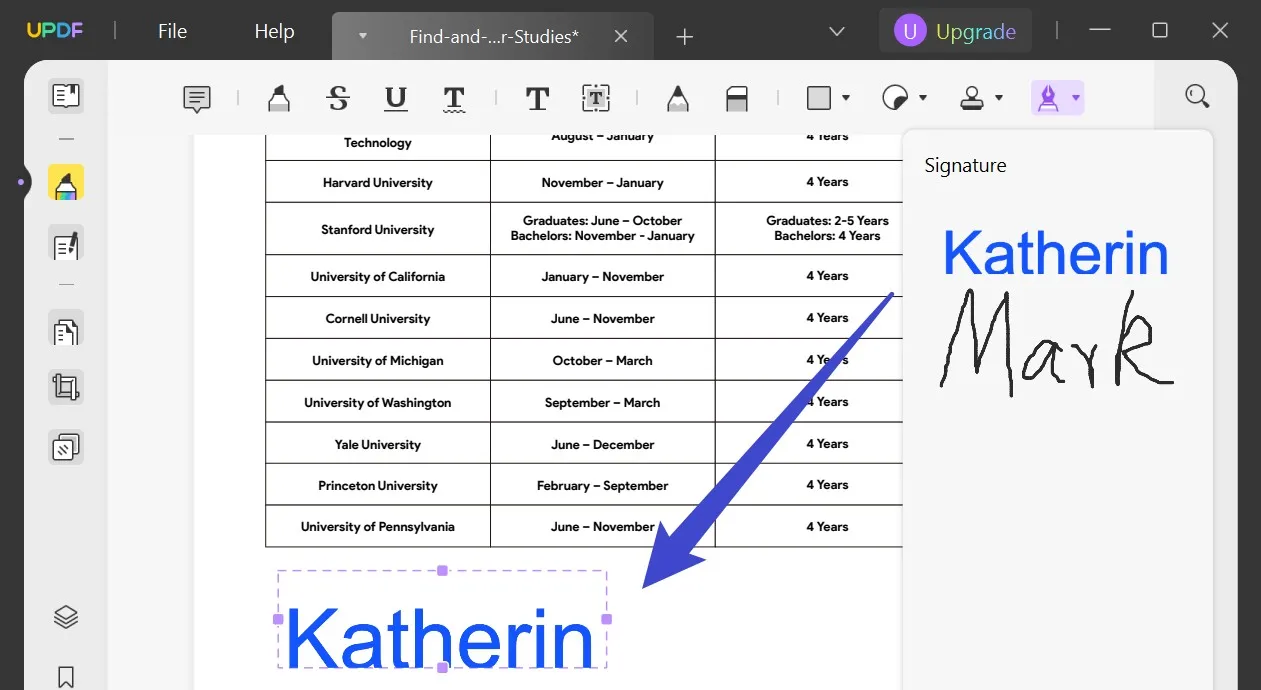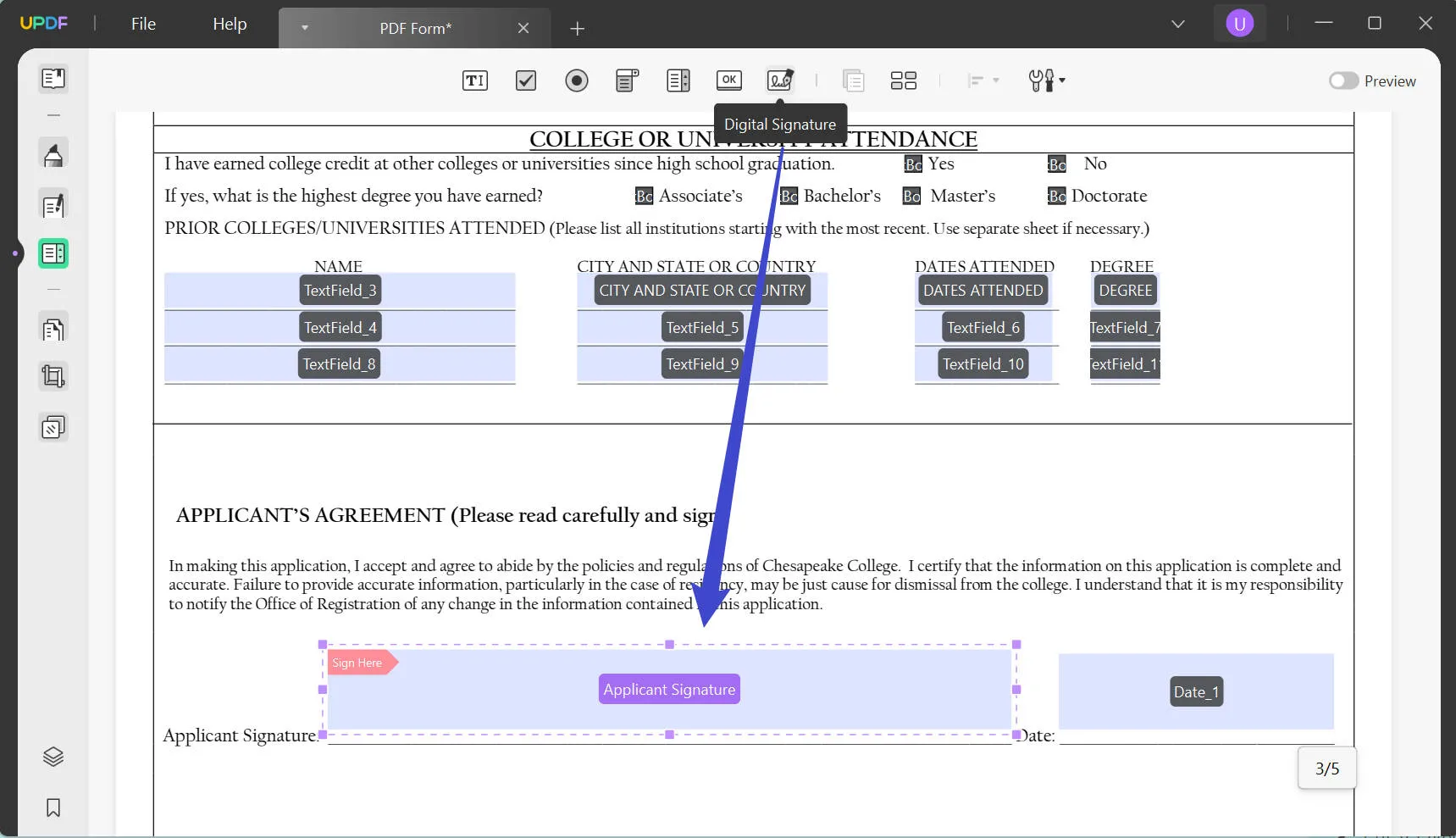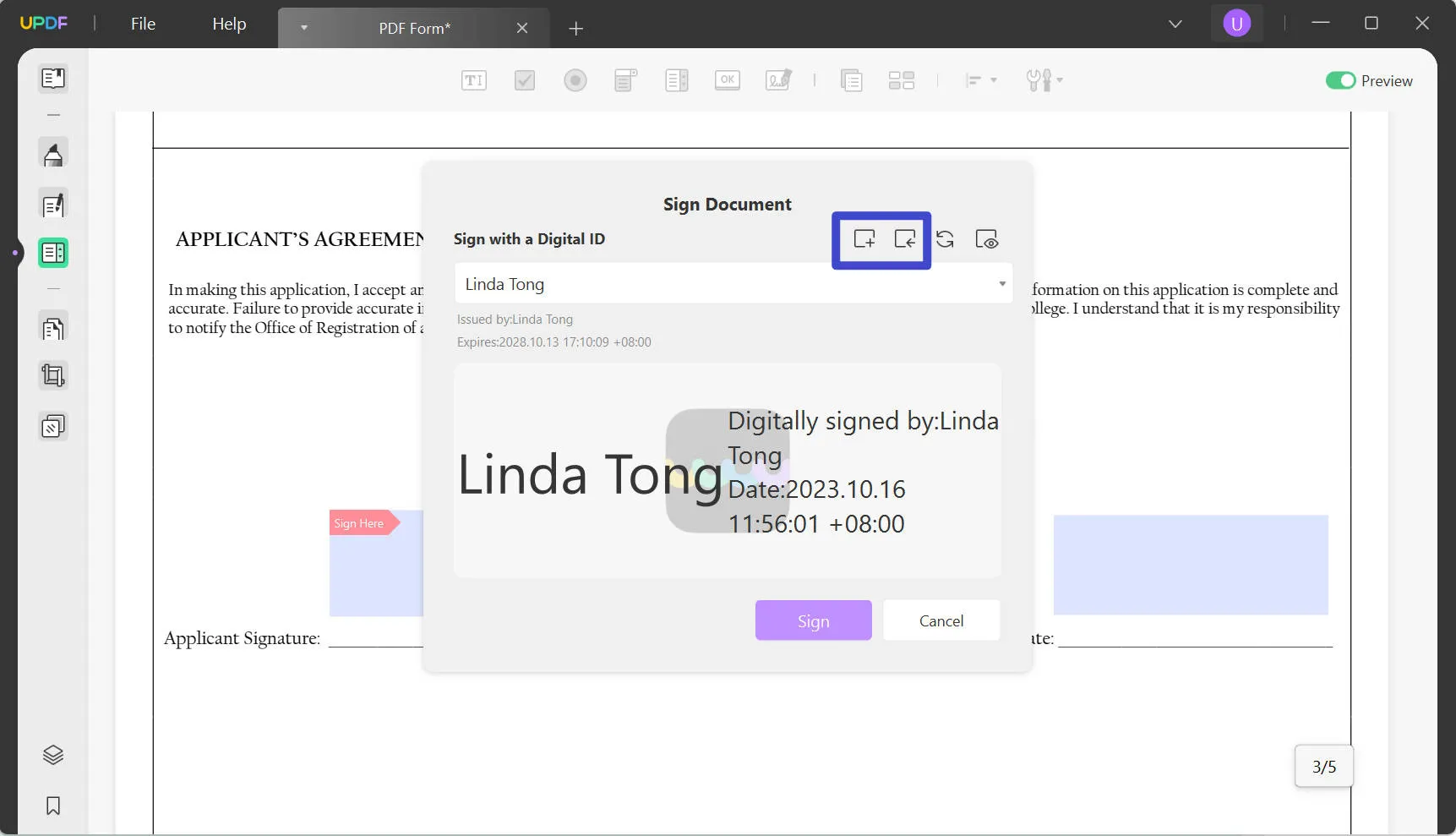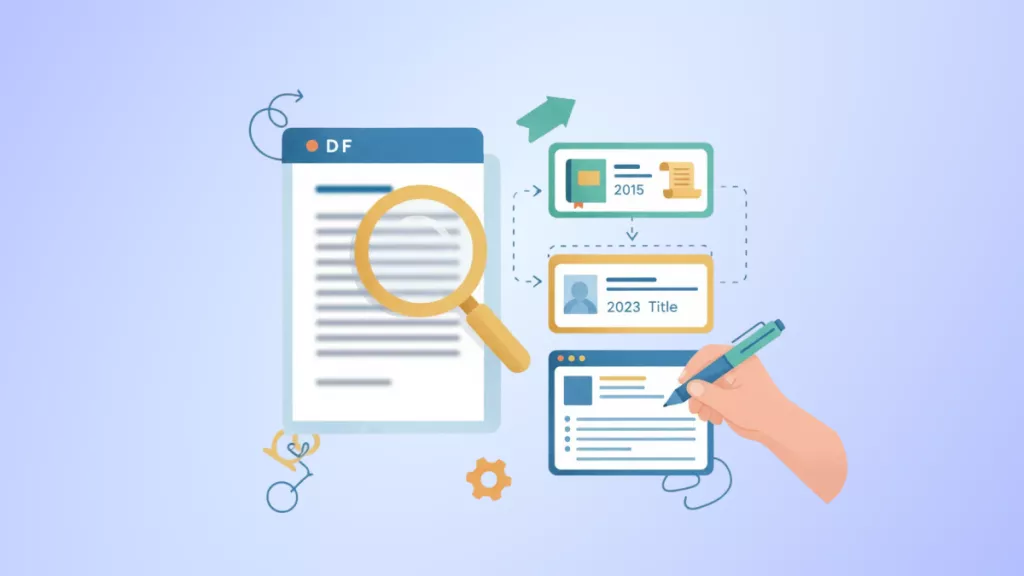Today, a growing number of firms are moving towards complete digitization. The age-old practice of stacking up large physical databases of files containing paper is fading away. The movement toward paperless offices marks nothing less than a transformation in the legal world, where a lot of firms are substituting manual modes of compliance with their far-more-efficient digital alternatives.
And it's not just the firms; the clients are getting there too. One can access a law firm's publications on their chosen devices, which include smartphones, laptops, tablets, and e-readers. Moreover, firms are embracing multiple-monitor desktop environments for their offices. It is hardly a stretch to say that the widespread use of these devices has allowed law firms to move into a new era where the digital realm precludes the need for paper.
The use of PDF files has played a major role in this transformation within the legal world, as have electronic signatures in securing firms' data. What used to take several days, or even weeks, in terms of communication and compliance, now happens in a matter of minutes. Questions from attorneys are taken on the web and are usually published using PDF software that belongs exclusively to the firm.
In the legal world, in particular, a large number of documents have to be continually signed, in addition to archiving, sharing, posting, and retrieving – there is no question of bypassing these critical processes. And that is precisely why PDFs, PDF software, and electronic signatures play such a vital role. In the artile below, we will discuss the details of how law firms adpting to PDF and E-Signatures to improve their business.
PDF: Embracing a New Era of Documentation in the Legal World
As the scope and usability of PDF software grow, numerous features have been added that are exclusively oriented toward law firms. Marketing brochures for your firm, especially if it's for a large campaign, may call for a certain degree of personalization. There are specific features on your PDF software that can give you a broader canvas to work with; better graphics can help significantly improve quality. You can utilize your PDFs as individual campaign documents targeting each recipient as a separate and distinct entity. Needless to say, this is immensely beneficial in the case of large campaigns.
Most legal documents need to be archived for a long time, and firms may need to access them well into the future. There are ISO-compliant versions of PDFs that specifically address this need, that enable you to store and preserve electronic documents for a long period of time. You can also gear your PDF docs towards best SEO practices by adding internal links, utilizing keywords, linking them to other web pages, and optimizing images.
Why PDF in the Legal World?
There are more than a simple few reasons why, today, a PDF format is the best option in the legal world. First and foremost, for a document to be permitted in court it should be accessible in a format that cannot be changed without leaving an electronic trail. Enter PDF.
A PDF is essentially a read-only format that, when altered, will leave a clear indication of what alterations have occurred and when. Other formats such as TIFF and GIF allow for digital documents to be scanned and printed on them, but they do not leave an electronic trail. PDFs have become synonymous with the concept of document security for this very reason.
Bonus
Windows • macOS • iOS • Android 100% secure

So, why PDF? Well, here are just a few among numerous reasons why is it the most suitable option for a legal firm:
- Document-Level Security
Document security is extremely crucial in situations when data is shared across networks or online. PDF enables you to embed each document with a password security requirement, which means that one cannot access the document without entering the password. Legal firms need not worry about unauthorized users gaining access to critical information thanks to this feature. Luckily, with UPDF, users who are working with PDFs and worry about document security can use UPDF to set an open or permission password for their PDFs. This ensures that only authorized individuals can access or modify sensitive information, providing peace of mind for legal, business, or personal documents.
- Analytics
In the rare cases where a password breach has occurred, one can take the appropriate course of action since he can detect who has gained access to the information.
- Compatibility and Consistency
One of the best things about using PDF is that it enables you to share documents across a variety of platforms – it is not bound by hardware, operating systems, or any applications. This basically means, irrespective of your chosen device, the PDF document remains unchanged. It makes the whole exchanging and sharing process simple and enormously efficient.
- Eliminating the Need for Paper
As we acknowledged at the very beginning of this piece, PDFs have effectively allowed law firms to do away with the need for paper. If necessary, your PDFs can be printed in paper form at any time as per your convenience; in short, one could say that PDFs essentially act as electronic paper. It's no wonder then that an increasing number of offices are moving towards a paperless future. Documents can be sent via email in PDF, thereby eliminating outdated modes of exchange such as fax, mail, courier, and shipping.
- Decreasing File Size
With PDF you can decrease the file size and/or merge files (like spreadsheets, presentations, etc.) into a single file all while keeping the same quality. So you won't lose the quality of a file when it's converted to PDF. As we've introduced, UPDF is a comprehensive PDF editor and manager, it also supports compressing PDF files for optimal file size without compromising quality. Additionally, you can merge multiple documents into one seamless PDF, making organization effortless. Whether you're handling reports, presentations, or academic papers, UPDF ensures efficiency and convenience.
Try UPDF today and streamline your PDF workflow!
Windows • macOS • iOS • Android 100% secure

- Interactive Documents
A variety of PDF software suites give you the advantage of being able to interact with the documents. Your partners or colleagues can post comments or add notes to legal files; hyperlinks, audio, and other media can also be added to broaden the scope of the document.
- Easy to Search
Gone are the days when you would have to work long hours just skimming files or endlessly searching for a specific location. When it comes to PDF, searching is efficient and easy. You can easily locate whatever you're looking for, and link entire sections to their corresponding pages; you get to organize your document with a table of contents.
- Mobility
Before, mobility in the literal sense of the word is not something one would associate law firms with. That's where the miracle of technology comes in - today, you can access information from anywhere at any time.PDF is a fine example of this modern convenience, which in essence means that a law firm is now mobile and work can carry on irrespective of where you are operating from.
PDF Document Security and Sharing
Legal technology involves the combination of software and technology to help law firms improve and enhance their accounting procedures, billing processes, storage of documents, practice management, and e-exploration. In short, legal tech facilitates a platform for people to locate the right tools and features to be self-sufficient, and might even help them bypass the need to get in touch with a lawyer for smaller issues.
Document security must be made an absolute priority when it comes to legal firms, especially considering they have to exchange information across digital platforms. The great thing about PDF files is that they enable you to write a user-password security system into them, which secures documents but at the same time, is accessible to both sender and recipient. Thus, neither party will need to worry about their documents being prone to security threats and theft of data.
Exploring PDF Best Practices
There are a number of possibilities when it comes to PDF documents in the legal world, just as there are best practices. These are just some of them:
- Deep Linking
You can enhance navigation possibilities by deep linking PDFs, thereby improving their usability as well; within a single PDF document, you can deep link one web page to another to enable readers to switch directly to sub-topics at their convenience. In addition, They should also be able to alter the screen size and view to best suit the device that they are using.
- Electronic Filing for Long-Term Use
Across the world, courts and legal firms are now making electronic filing a priority, and it is not hard to understand why; electronic filing helps preserve their PDF documents for long-term use since it is oriented towards that purpose, thereby helping firms maintain their long-term archives. Many firms are now switching to PDF as their primary format, a clear indication that a rapid transformation is taking place today.
- Document Scanning
Using a document scanner is an important stage of the archiving process, and reduces the time taken to convert the document to its final format. In many cases, the scanning software is embedded to automatically convert data into a searchable file.
- Document Security
It is imperative to ensure that your PDF documents are safe and secure, particularly in the legal world. Legality involves a high degree of confidentiality by its very nature. Therefore, you need to safeguard your PDF documents using features that enable you to protect passwords, data, and certificates.
- Authenticating Users
It is advisable to make use of digital ID features to ensure third-party users comply with an efficient authentication process that works across time. There are specific features and tools to help you authenticate and validate users, and this is an essential aspect of PDF document security.
PDF software can play an integral role in a legal firm's web publishing - it is important to settle with a PDF format that enables the use of various features to streamline legal work and make it as efficient as possible. As a professional in the legal world, even with everything falling into place in the digital realm, one will have enough on their desk to deal with daily!
Moving into the Era of E-Signatures
Law firms are highly susceptible to cyberattacks since they are responsible for highly confidential data archives. Clients depend on law firms to safeguard their data, facilitate a strong data security system, and implement the right measures. Today, many firms are embracing the use of e-signatures for their legal work, streamlining entire processes by bringing large buckets of information together in a secure environment and reducing the possibility of human error.
It is worth noting that a majority of hackers target small and medium-sized firms rather than large corporations, and in many cases, breaches go undetected till they reach a critical juncture. As a result, they often lose clients, risk ruining their reputation, face the threat of malpractice, and in the worst cases, even end up losing their legal license. It is only natural that clients would want greater assurance of privacy from their law firms. And that's where e-signatures come in.
Why E-Signatures in the Legal World?
E-Signatures are an important aspect of the technological transformation taking place in the legal world today. Contracts, NDA's, etc. can now be signed by clients at their convenience, using their own devices and in a matter of minutes. This has brought a level of transparency and professionalism to legal processes that were unforeseen. A complete history of each client's activity with regard to legal documents – viewing, signing, sending, and rejecting - is now visible, and e-signatures are today's tool to verify their legitimacy.
Today's law firms and law professionals are familiarizing themselves with the process of encrypting communications with clients. The larger firms use signature technology involving passwords that require more characters, in addition to a two-factor authentication which further secures the process.
E-signatures apply a mathematical system to documents to generate a hash. If a file is altered after the signature is done, a completely new hash will be generated, which means one can easily come to know if the document has been changed or tampered with. It is also much easier now for firms to get time-sensitive documents – retainer contracts, for instance - signed online with efficiency since any changes that are made invalidate them. Digital signatures generate a completely secure electronic record of important information such as signer data, the version of the document, etc.
The Next Stage of Transformation in the Legal World
As we've seen earlier, PDFs and e-signatures are transforming the legal landscape today. With new threats of security breaches looming large over the horizon, it is imperative that a professional in the legal world understands the implications of adopting these new technologies to protect their data and secure their archives.
By doing so, IT teams are empowered to facilitate a system built on legitimacy, confidentiality, and internal transparency, which are the pillars of the legal world. The only software you will ever need is a PDF editor such as UPDF, which is essentially a PDF editor for Windows, Mac, iOS, and Android. With the power of UPDF, you get the kind of robust functionality that allows you to sign PDFs. Click the download button below to have a trial.
Windows • macOS • iOS • Android 100% secure
Moreover, if you have registered for UPDF, you can also try UPDF Sign—a free online platform for collecting signatures from multiple recipients.
How UPDF Helps Law Firms Go Paperless
UPDF can help law firms go paperless, as it offers the ability to view PDF documents, comment on PDF documents, edit PDF documents, and add electronic and digital signatures to PDF documents.

To help law firms better, UPDF offers multiple PDF reading modes, including single-page view, two-page view, scrolling, two-page scrolling, and fit screen. When you are reading law papers, UPDF helps you read most comfortably.
UPDF's Outstanding Features
- Edit PDF: With UPDF, you can edit text, images, and links in PDF files with ease.
- Many Annotation Tools: UPDF has many annotation tools, such as highlight, underline, strikethrough, squiggly, various stamps, and hundreds of stickers for your choice.
- OCR Feature: UPDF allows you to convert scanned PDFs into editable and searchable PDFs.
- Flatten PDF: If you have a PDF file that has multiple layers, it can cause problems during printing. Using UPDF, you can flatten your PDF files and make them easier to print and more secure.
Do you want to see more introduction of UPDF from reputable media? Go to this website to check it carefully. Now let's see how to electronically and digitally sign your law PDF file.
Step for Add Electronic Signature to Law PDF
Step 1: Download UPDF and Open the Law PDF
Download UPDF by clicking the "Free Download" icon. Tap the "Open File" on the main interface to import law PDF.
Windows • macOS • iOS • Android 100% secure
Step 2: Add E-Signatures to Law PDF
Now you need to enter comment mode by clicking the "Comment" icon on the left panel. You will see the "Signature" button on the top toolbar. It can create a new electronic signature here. After creating the signature, select the signature and add it to the file.

Step for Add Digital Signature to Law PDF
Step 1: Create a Digital Signature Field in PDF
Tap "Prepare Form" when you open the PDF. Next, click "Digital Signature" and then add the digital sign field to the PDF.

Step 2: Create or Import the Digital Signature
Enter Reader or Comment mode and tap the digital signature field. UPDF supports you to import a digital signature from your devices or create a new one. After importing the digital signature, you can also edit the digital signature preference such as logo, name, date, labels, etc.

Furthermore, if you want to maximize its functionality and enjoy it on a professional level, upgrade to UPDF Pro at an economical price.
Conclusion
When law firm staff need to follow up on some cases, UPDF allows you to make comments on PDF documents, and sign the PDF documents. When you find that there is a typo on the PDF document, UPDF allows you to fix them. UPDF is the best assistant for you to improve productivity. What're you waiting for? Download it today to enhance your work.
Windows • macOS • iOS • Android 100% secure
 UPDF
UPDF
 UPDF for Windows
UPDF for Windows UPDF for Mac
UPDF for Mac UPDF for iPhone/iPad
UPDF for iPhone/iPad UPDF for Android
UPDF for Android UPDF AI Online
UPDF AI Online UPDF Sign
UPDF Sign Edit PDF
Edit PDF Annotate PDF
Annotate PDF Create PDF
Create PDF PDF Form
PDF Form Edit links
Edit links Convert PDF
Convert PDF OCR
OCR PDF to Word
PDF to Word PDF to Image
PDF to Image PDF to Excel
PDF to Excel Organize PDF
Organize PDF Merge PDF
Merge PDF Split PDF
Split PDF Crop PDF
Crop PDF Rotate PDF
Rotate PDF Protect PDF
Protect PDF Sign PDF
Sign PDF Redact PDF
Redact PDF Sanitize PDF
Sanitize PDF Remove Security
Remove Security Read PDF
Read PDF UPDF Cloud
UPDF Cloud Compress PDF
Compress PDF Print PDF
Print PDF Batch Process
Batch Process About UPDF AI
About UPDF AI UPDF AI Solutions
UPDF AI Solutions AI User Guide
AI User Guide FAQ about UPDF AI
FAQ about UPDF AI Summarize PDF
Summarize PDF Translate PDF
Translate PDF Chat with PDF
Chat with PDF Chat with AI
Chat with AI Chat with image
Chat with image PDF to Mind Map
PDF to Mind Map Explain PDF
Explain PDF PDF AI Tools
PDF AI Tools Image AI Tools
Image AI Tools AI Chat Tools
AI Chat Tools AI Writing Tools
AI Writing Tools AI Study Tools
AI Study Tools AI Working Tools
AI Working Tools Other AI Tools
Other AI Tools PDF to Word
PDF to Word PDF to Excel
PDF to Excel PDF to PowerPoint
PDF to PowerPoint User Guide
User Guide UPDF Tricks
UPDF Tricks FAQs
FAQs UPDF Reviews
UPDF Reviews Download Center
Download Center Blog
Blog Newsroom
Newsroom Tech Spec
Tech Spec Updates
Updates UPDF vs. Adobe Acrobat
UPDF vs. Adobe Acrobat UPDF vs. Foxit
UPDF vs. Foxit UPDF vs. PDF Expert
UPDF vs. PDF Expert








 Delia Meyer
Delia Meyer 
 Enya Moore
Enya Moore 
 Enola Miller
Enola Miller 
 Enola Davis
Enola Davis 
